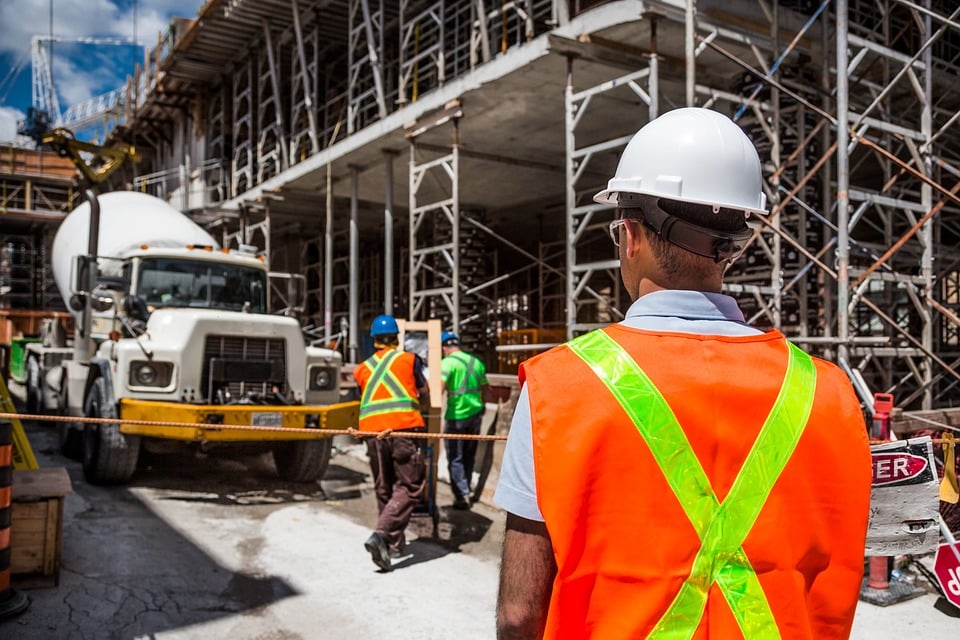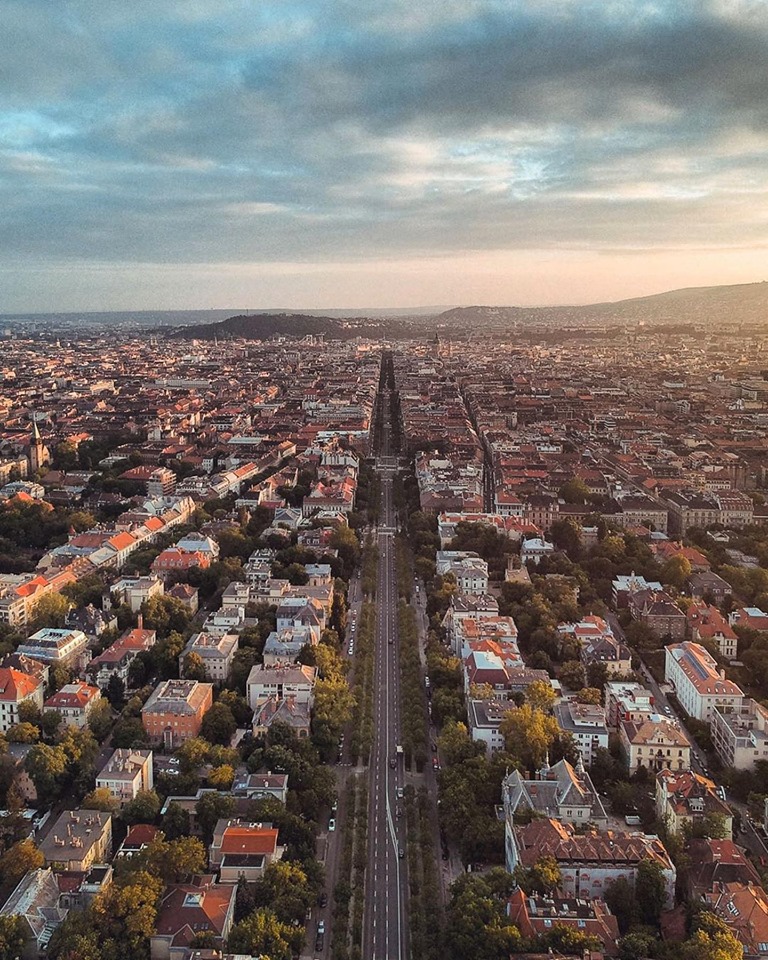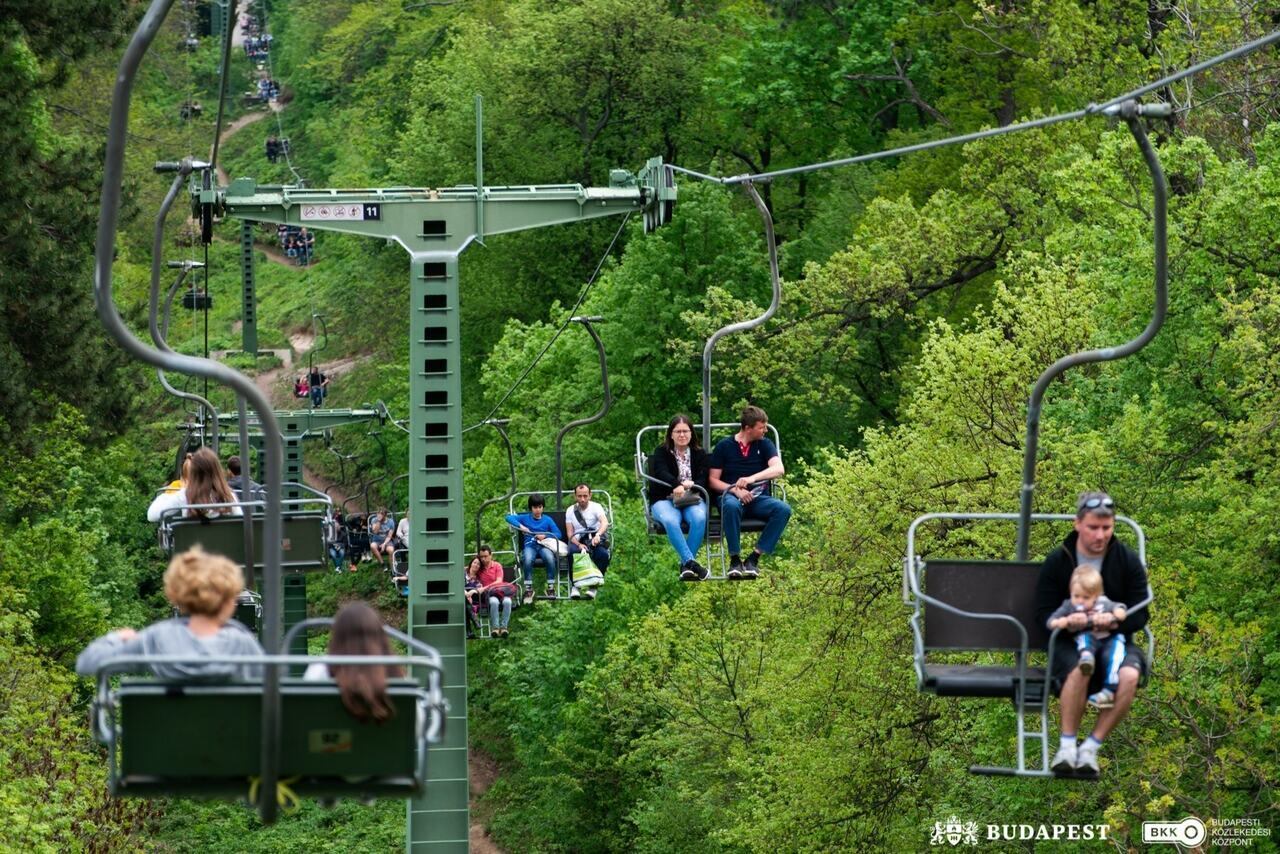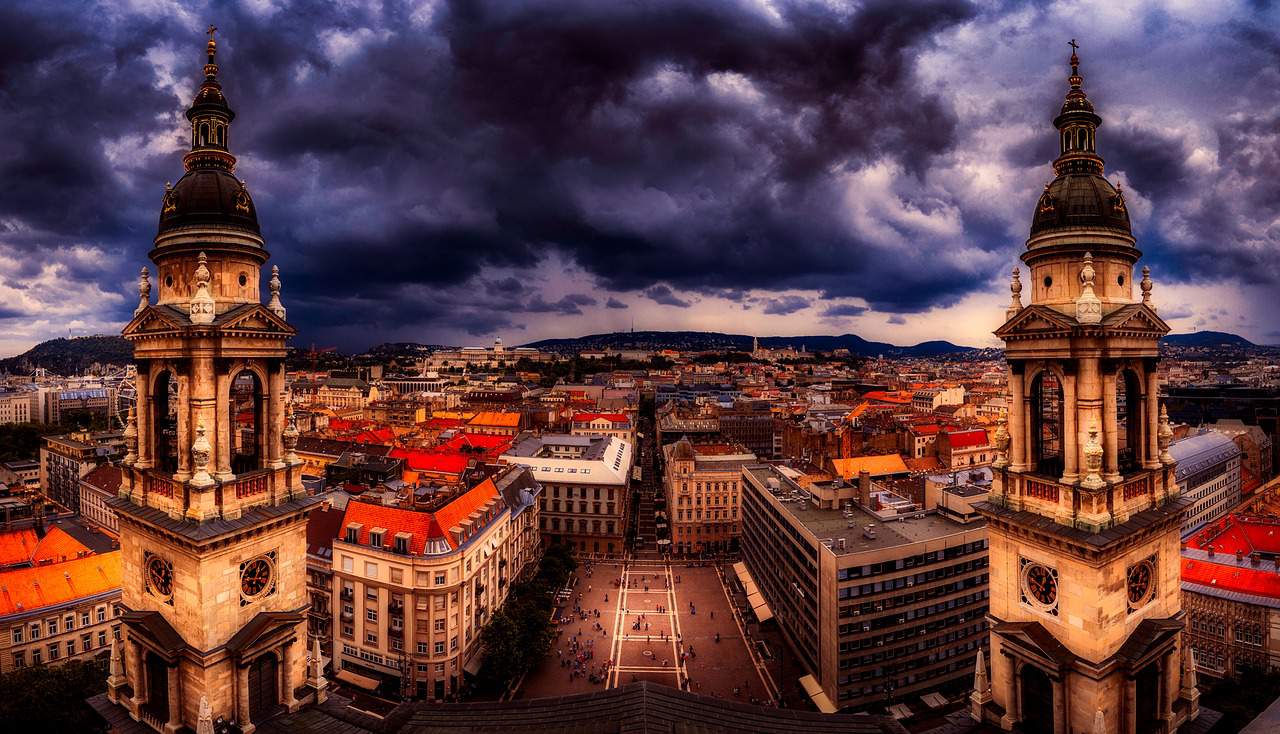Is Budapest likely to become a deadly place?
The stronger and longer heat flows, shaking Europe more and frequently, are the results of the global climate change. The situation is going to get worse in the future. In Hungary, there are three levels of the heat alerts, but in the past few years exceeding the limits of these levels has occurred several times – we may need to extend them in the future.
It is only about sweating a bit more. The consistently high temperature literally causes life danger – in 2015, 1800 people died because of the extreme heat. Cooling our body forces our body to work in a tense pace – especially the heart.
In the cities, it is the worst. The extreme heatwaves become severe threats in the cities where there is a lot of concrete, and the dark interfaces increase heat to a great extent and stop the air from cooling down. In other, more appropriate words:
In the cities, the buildings have radiative heat dissipation. The generated micro-climate makes cities a sort of “heat islands”, and in this environment, health is drastically affected.
– says Dóra Szagri, PhD student of BME (Department of Construction Materials and Technologies). E.g. the surface covered by plants in parks is 12-14°C (53.6-57.2°F) cooler, even between houses, than any surface covered by concrete. The regional climate model of Hungary predicts an average 3-4°C (37.4-39.2°F) increase by the end of the century.

Concrete generates much more heat than the natural cover of plants on the surface
The “heat island effect” of big cities can contribute to mortality of heat by 50%.
The heat must be excluded. It is obvious the something has to be done; this is what the research group of Climate Change and Building Energetics (from the same department) is working on with the contribution of Dóra Szagri. They have two goals: they want to decrease the heat generation of buildings by constructional solutions and to make society conscious about the issue.
Creating a sensitivity map of the country is the next step that can be helped by the building stock and anonym surveys of the habits of the inhabitants. Anyone can contribute to the success of this project by taking these particular anonym surveys.
For future constructions, reconstructions or renewals we should not only think about keeping the heat inside (thinking about the winter), but we should also consider the overheated summer. It is a very actual issue because 70% of the building stock requires renewal and the construction of new buildings in the country is becoming more and more intense.
Design and habits
When a building is designed, one of the first steps is the orientation, how we let the light into the building, where we place the windows. Many would like glass walls on the terrace, but during the summer it can easily lead to overheating. The appropriately chosen and placed plants count a lot, just like the colour of the wall – a dark wall can quickly get 30°C (86°F) warmer than a brighter wall.

Dwelling houses of Budapest at sunset
Photo: https://www.facebook.com/pg/BudapestHungaryBlog/photos
The shading is also an important question. For shading, it is much more effective to use shutter or blind outside, than shading curtain inside – according to Dóra Szagri. It is good to have windows at least on two opposite forefronts, to let the wind blow through the room and we should only ventilate during the night – in case the temperature outside is lower than inside.
The air conditioner is the best option, even if it is not environmentally friendly, because, after some decades, the lifetime can be extended in case the apartment has a proper cooling system.
They may seem tiny things, but power-saving household appliances (e.g. induction hobs instead of the gas stove), and LED light can also help a lot to decrease heating.
We can think about personal solutions for this issue before construction or renewal. The other project of the research group is the development of the 3D dynamic simulation model of individual buildings. With the help of this technology, we can foresee the circumstances inside and outside and adding domestic habits and the changes in these habits; we can precisely show the living conditions in advance.
Source: 24.hu
please make a donation here
Hot news
Chinese could emerge around Paks II construction in Hungary
Tourist-favourite Budapest chairlift to finally open this weekend! – PRICES
Trump: Hungarians fight to save Western civilisation
Great news: World’s first retail chain opens new store at Budapest Airport
Hungarian government hopes for a conservative turn in Europe and the US
Trump: Can’t wait to work with Viktor Orbán again as President! – VIDEO




